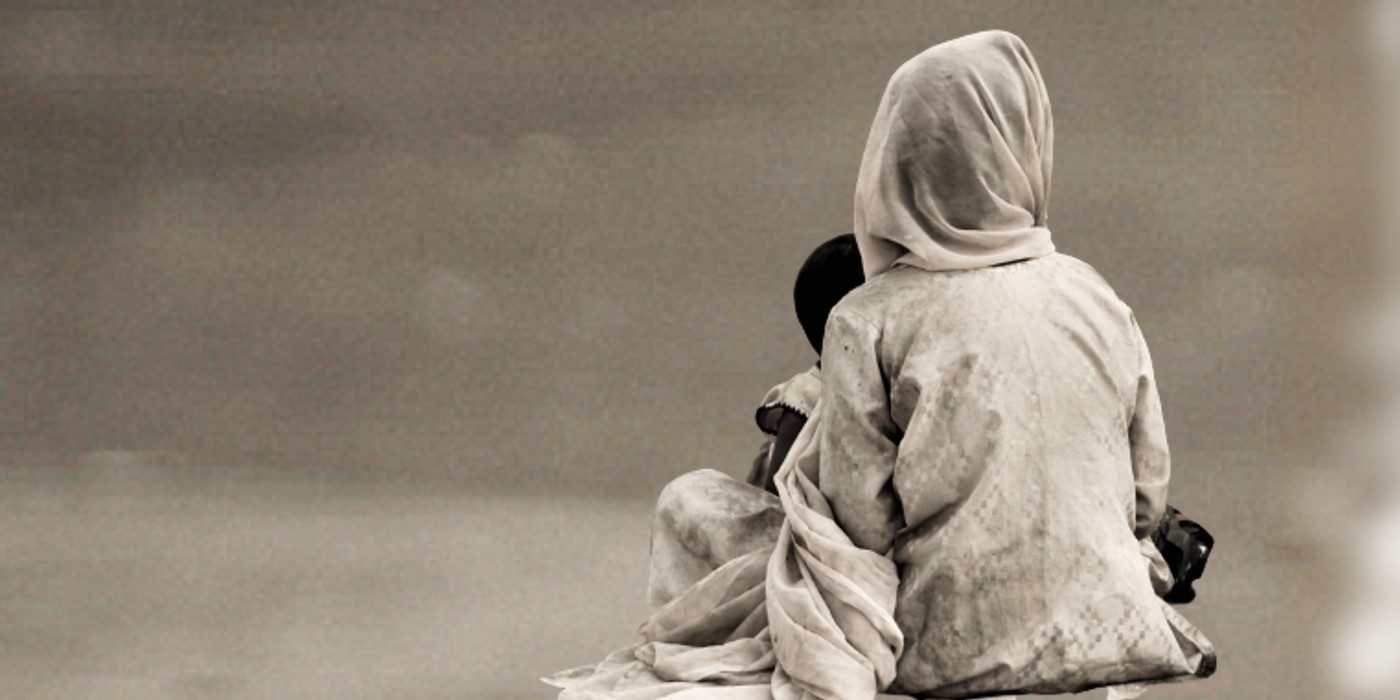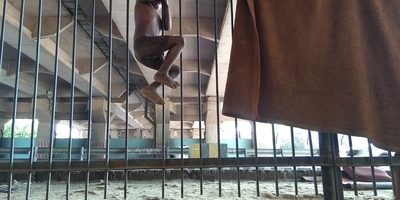
Barriers faced by urban homeless women in accessing Maternal and Child Health Services in the wake of COVID-19 in Delhi
Background
The provision of maternal healthcare in India is grossly inadequate, characterised by high levels of maternal mortality and morbidity, and underutilisation of services, especially among the poor. Studies also indicate low levels of utilisation of maternal health care among the urban poor as well as poor health outcomes.
With the outbreak of coronavirus disease (COVID-19) in India, homeless people were unable to practise ideas of physical distancing, handwashing and other aspects of infection control, which placed them at a disproportionate risk of infection. Worse, with an overburdened public health system having the pressure to manage and treat COVID-19 patients, other health services, including long established ones related to MCH, were affected.
Whether and in what ways MCH service delivery for homeless women is affected, remains unknown.
Aim
The study will examine the barriers faced by urban homeless women in Delhi in accessing MCH services as a consequence of the outbreak of Coronavirus disease (COVID-19). The findings will be useful in informing policy about how MCH services can be streamlined and be made more accessible in the current context, providing critical insights for the health system actors involved with planning and delivering services to the urban homeless and poor.
The study was funded by a Small Grant of the Royal Society of Tropical Medicine and Hygiene.
Method
Qualitative research methods (In Depth Interviews and Field Observations) are being used to get an understanding of the situation of urban homeless women and the challenges that confront them in the wake of the lockdown enforced because of the COVID-19 pandemic. Thematic analysis, using Atlas.TI software, is being used to interpret the findings.
Current status
The study was approved by the Institutional Ethics Committee of The George Institute. In Depth Interviews with homeless women are done; field notes are complete; Key Informant Interviews are ongoing. Interviews are being transcribed, and preliminary data analysis is done. Policy analysis of public documents relating to COVID-19 is underway.



